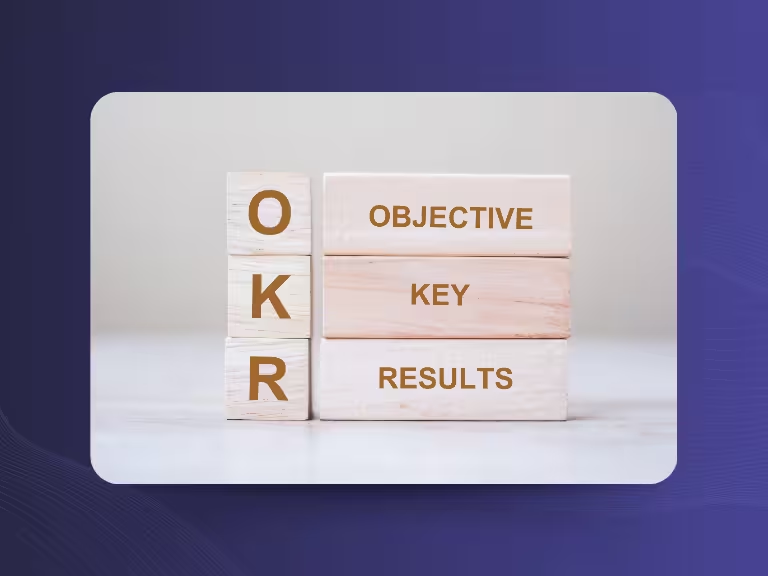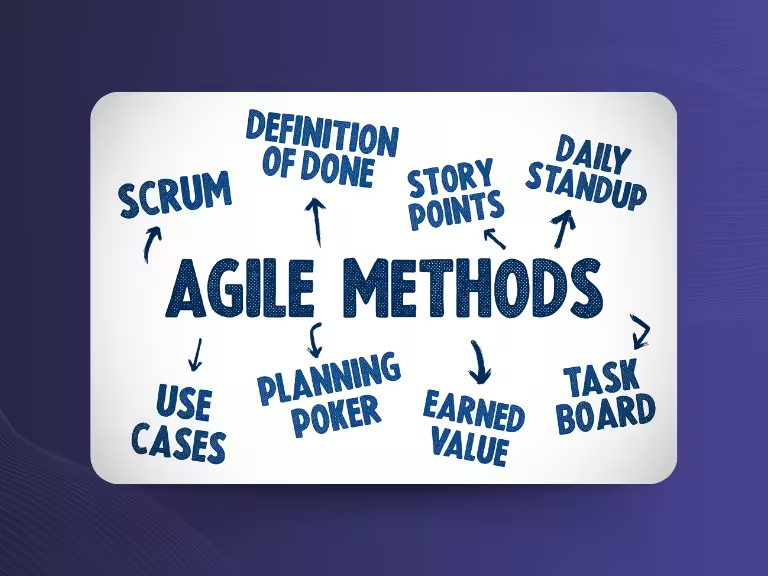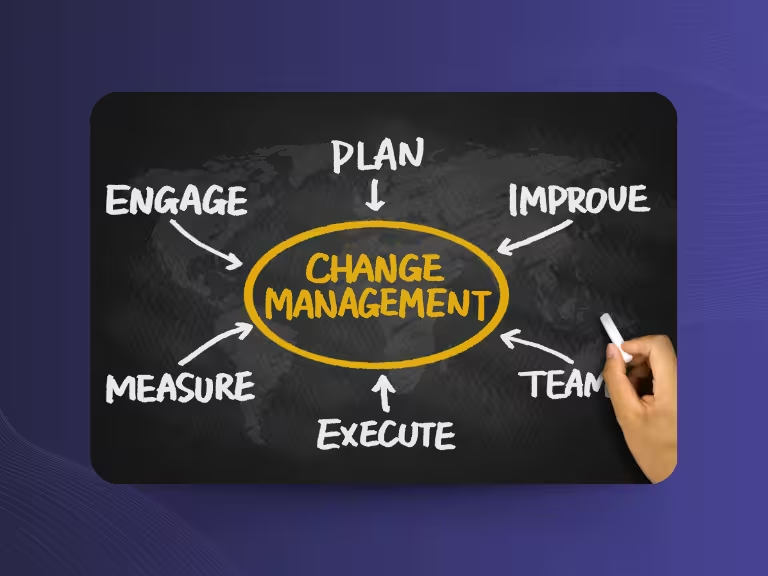The 5 Best CRM Systems in 2025 — And Which Businesses They’re Best For
As a top executive, you already know: customer relationships are the cornerstone of any successful business. But how can you ensure your organization truly understands and meets customer needs? The answer lies in choosing the right CRM system.
In a previous article, we compared 10 well-known CRM platforms, highlighting their pros and cons. Today, we’re narrowing that list down to the top 5 CRM systems — the ones we believe deliver the greatest value, the most useful features, and the best fit for different types of businesses.
1. Salesforce
Salesforce remains a global leader in cloud-based CRM solutions and is ideal for companies of all sizes. Its broad suite of features covers everything from sales pipeline management and marketing automation to customer support and data analytics.
Known for its customizability and scalability, Salesforce adapts easily to your company’s needs. Plus, its vast community of developers and users offers robust support, integrations, and ongoing innovation.
Best for: Medium to large enterprises seeking a flexible, all-in-one solution.
2. Microsoft Dynamics 365
Microsoft Dynamics is a strong choice for businesses that already rely on the Microsoft ecosystem. Seamlessly integrated with tools like Outlook, Excel, and Teams, it offers powerful CRM capabilities with added value from AI and machine learning insights.
From campaign management and customer service to real-time data analytics, Microsoft Dynamics empowers businesses to better understand customer behavior and act accordingly.
Best for: Organizations already using Microsoft 365 that want built-in intelligence and enterprise-grade tools.
3. HubSpot
HubSpot is an all-in-one platform combining CRM with marketing automation, sales tools, and customer service. With a highly intuitive interface, customizable dashboards, and a generous free tier, HubSpot is perfect for businesses that want everything in one place.
It’s especially appealing to small and mid-sized businesses looking to align their marketing and sales efforts without the need for complex IT resources.
Best for: Startups and growing companies wanting a user-friendly, integrated platform.
4. Zoho CRM
Zoho CRM is part of Zoho’s extensive suite of business tools and stands out for its simplicity, affordability, and flexibility. While it's particularly popular among small businesses and startups, it also scales well for larger organizations.
With its easy setup, intuitive interface, and insightful analytics, Zoho helps teams visualize customer data and act on it effectively.
Best for: Small businesses and startups looking for a cost-effective, customizable CRM.
5. Pipedrive
Pipedrive is a sales-focused CRM designed to streamline the sales process. With its clean interface, drag-and-drop pipeline tools, and automation features, it's ideal for sales teams that want to close deals faster and work more efficiently.
Its built-in analytics and reporting functions also help monitor performance and drive results.
Best for: Sales teams of all sizes that want a straightforward, results-driven CRM.
So, Which CRM System Should You Choose?
Each of these platforms offers excellent value — they’re user-friendly, feature-rich, and adaptable to your workflows. The key to choosing the right CRM lies in understanding your business’s unique needs:
- Need flexibility and scale? Go with Salesforce.
- Want deep Microsoft integration? Choose Dynamics.
- Prefer simplicity with strong marketing tools? Try HubSpot.
- Looking for affordability and customization? Explore Zoho.
- Sales-driven and need speed? Pipedrive is your tool.
Take the time to evaluate your goals, processes, and tech stack. Choosing the right CRM is an investment in your customer success, business growth, and future profitability.

Test Meeting Transcription now!
We'll help you set everything up - just contact us via the form.
Test NowOr: Arrange a Demo Appointment.png)




